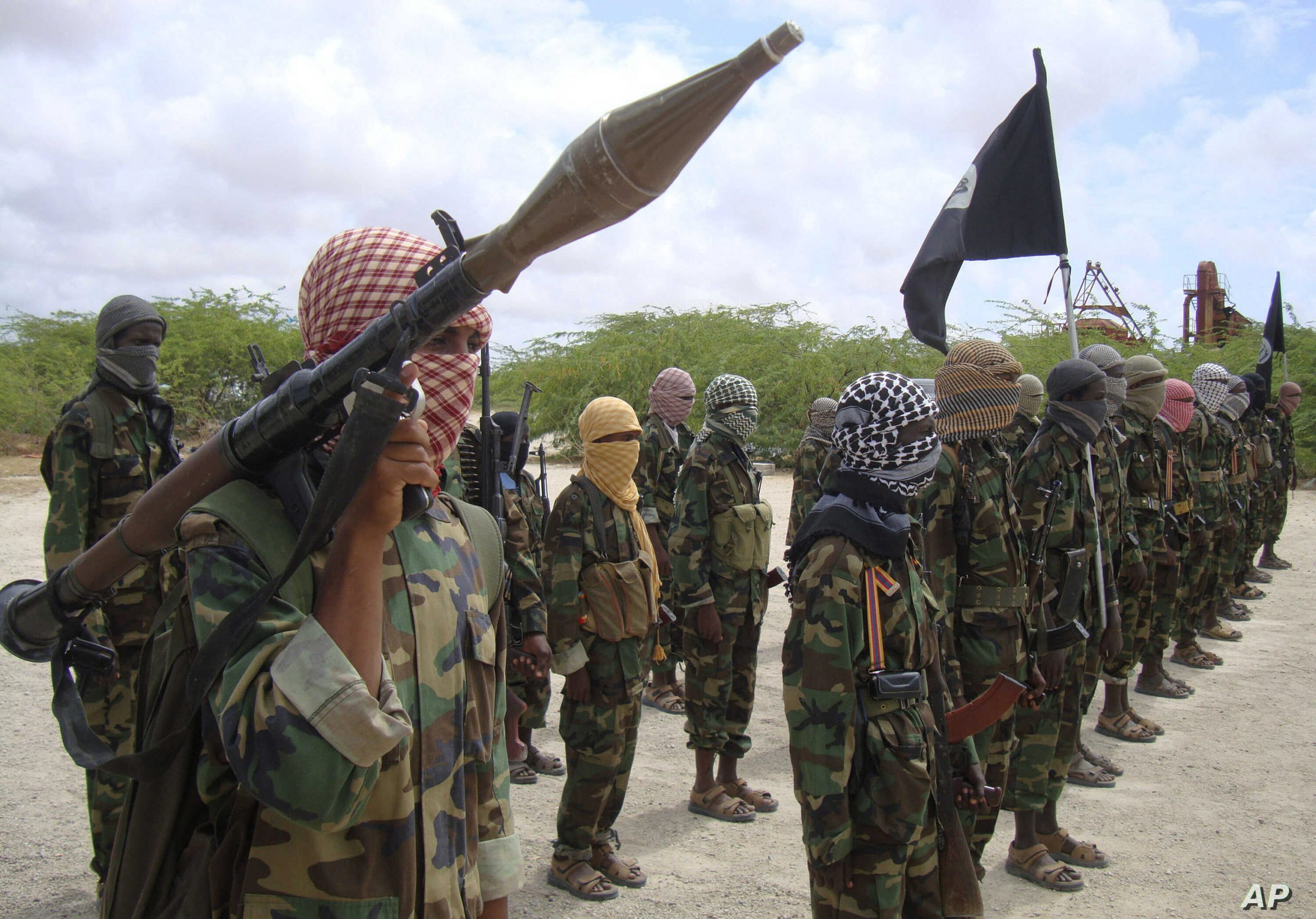NEWS
Terrorists adopting technologies, expanding across Africa – UN reveals

About two decades after the September 11 terrorist attacks in New York, U.S, terror networks – Al-Qaida and Islamic State – continue to pose a grave threat to peace and security globally, a top UN counter-terrorism expert has said.
UN counter-terrorism chief, Vladimir Voronkov, told the Security Council on Thursday at UN headquarters, New York, that terrorist groups had been adapting to new technologies and moving into some of the world’s most fragile regions.
He briefed the Council on the eve of the fourth commemoration of the International Day of Remembrance of and Tribute to the Victims of Terrorism, observed annually on August 21.
Voronkov, while presenting the Secretary-General’s latest report on the threats posed by terrorist groups, said Al-Qaida and Islamic State, also known as Da’esh, had continued to exploit the pandemic to use technology to regroup.
He said Da’esh continued to exploit the disruption, grievances and development setbacks caused by the pandemic to regroup, recruit new followers and intensify its activities both online and on the ground.
“Today, we face transnational terrorist threats like Da’esh and Al-Qaida that are enduring and able to adapt to new technologies.
“But also expanding to include individuals and groups that commit terrorist attacks connected to xenophobia, racism and other forms of intolerance,” Voronkov said.

FILE – In this Thursday, Feb. 17, 2011 file photo, al-Shabab fighters march with their weapons during military exercises on the outskirts of Mogadishu, Somalia. Twitter on Friday, Sept. 6, 2013 has for the second time this year shut down the main Twitter handle of al-Shabab, Somalia’s al-Qaida-linked terror group, less than 24 hours after a U.S.-based terrorism expert reported violations of Twitter’s terms of service. (AP Photo/Mohamed Sheikh Nor, File)
The UN counter-terrorism architecture, largely set up in the wake of the 9/11 attack, helps member states implement effective frameworks to prevent, address, investigate and prosecute acts of terrorism.
It is also ramping up efforts to help countries adapt to the rapidly changing nature of the threat, which has become more digital and decentralized in recent years.
He noted that the world was currently witnessing a rapidly evolving situation in Afghanistan “which could have far-reaching implications” around the globe.
He cited Da’esh’s expanded presence in that country and pointed out that several members of the Taliban had been designated as terrorists by the Security Council.
“We will need to ensure that Afghanistan is never again used as a launching pad for global terrorism,” the UN official said.
While Da’esh remains focused on reconstituting its capabilities in Iraq and Syria, Vornkov said the most alarming development in recent months is the group’s relentless spread across the African continent.
The so-called “Islamic State in the Greater Sahara” has killed several hundred civilians since the start of 2021 in Mali, Burkina Faso, and Niger.
The group’s “West Africa Province” will likely gain from the weakening of Boko Haram, with the additional spillover of terrorists and foreign fighters from Libya.
Meanwhile, the expansion of Da’esh in Central Africa and especially in northern Mozambique could have far-reaching implications for peace and security in the region.
“A global response is urgently needed to support the efforts of African countries and regional organisations to counter-terrorism and address its interplay with conflict, organised crime, governance and development gaps,” Voronkov said.
Alongside Da’esh’s expansion in Africa and its rapid shift online, Voronkov also cited the continued detention of thousands of individuals with alleged links to terrorist groups as another factor exacerbating the threat.
Deteriorating conditions in detention facilities and displacement camps in northeast Syria, in particular, are serving as a rallying cry for terrorist activities.
They have already fuelled instances of terrorist radicalization, fund-raising, arms smuggling, training and incitement to terror.
Against that backdrop, he echoed calls from officials across the UN for member states to voluntarily repatriate all concerned individuals, with a particular focus on children.







